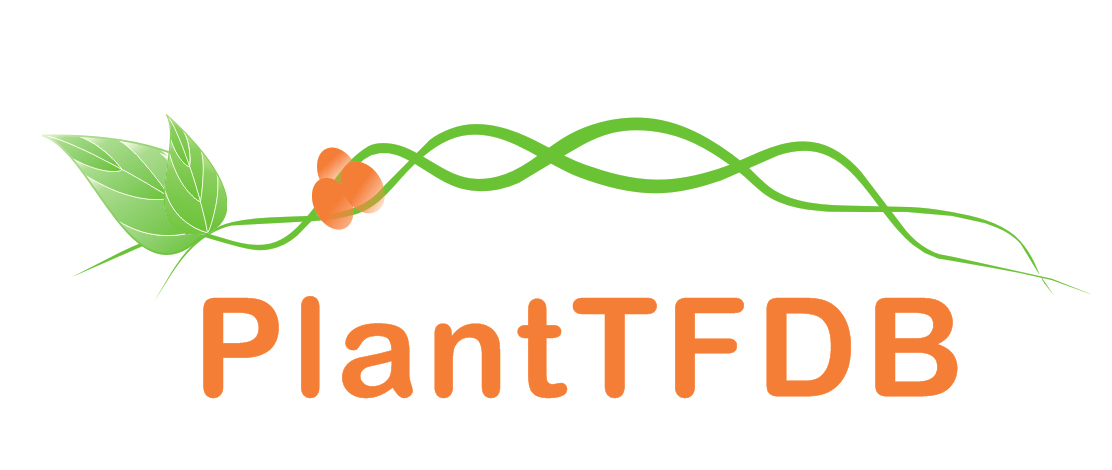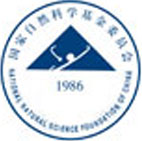 |
PlantRegMap/PlantTFDB v5.0
Plant Transcription
Factor Database
|
| Home TFext BLAST Prediction Download Help About Links PlantRegMap |
| Species | TF ID | Description |
|---|---|---|
Cajanus cajan (26) | C.cajan_00802 | ARF family protein |
| C.cajan_03998 | ARF family protein | |
| C.cajan_05791 | ARF family protein | |
| C.cajan_10587 | ARF family protein | |
| C.cajan_10910 | ARF family protein | |
| C.cajan_15406 | ARF family protein | |
| C.cajan_16945 | ARF family protein | |
| C.cajan_17296 | ARF family protein | |
| C.cajan_19686 | ARF family protein | |
| C.cajan_21481 | ARF family protein | |
| C.cajan_21533 | ARF family protein | |
| C.cajan_23210 | ARF family protein | |
| C.cajan_24332 | ARF family protein | |
| C.cajan_24579 | ARF family protein | |
| C.cajan_24724 | ARF family protein | |
| C.cajan_24759 | ARF family protein | |
| C.cajan_26850 | ARF family protein | |
| C.cajan_28641 | ARF family protein | |
| C.cajan_29441 | ARF family protein | |
| C.cajan_31006 | ARF family protein | |
| C.cajan_31496 | ARF family protein | |
| C.cajan_32145 | ARF family protein | |
| C.cajan_34109 | ARF family protein | |
| C.cajan_36937 | ARF family protein | |
| C.cajan_41999 | ARF family protein | |
| C.cajan_47721 | ARF family protein |
Auxin response factors (ARF) are transcription factors that regulate the expression of auxin response genes. ARFs bind with specificity to TGTCTC auxin response elements (AuxRE) in promoters of these genes and function in combination with Aux/IAA (auxin/indole acetic acid) repressors, which dimerize with ARF activators in an auxin-regulated manner.
Most ARFs consist of an amino-terminal DNA-binding domain (DBD), a middle region that functions as an activation domain (AD) or repression domain (RD), and a carboxy-terminal dimerization domain (CTD). The ARF DBD is classified as a plant-specific B3-type, but requires additional amino-terminal and carboxy-terminal amino acids for efficient in vitro binding to TGTCTC AuxREs.
The ARF ADs and RDs are located just carboxy-terminal to the DBDs and contain biased amino acid sequences. ARF ADs are enriched in glutamine along with serine and leucine residues, while ARF RDs are enriched in serine, proline, leucine and glycine residues.
Guilfoyle TJ, Hagen G.
Auxin response factors.
Curr Opin Plant Biol, 2007. 10(5): p. 453-60.
PMID: 17900969



